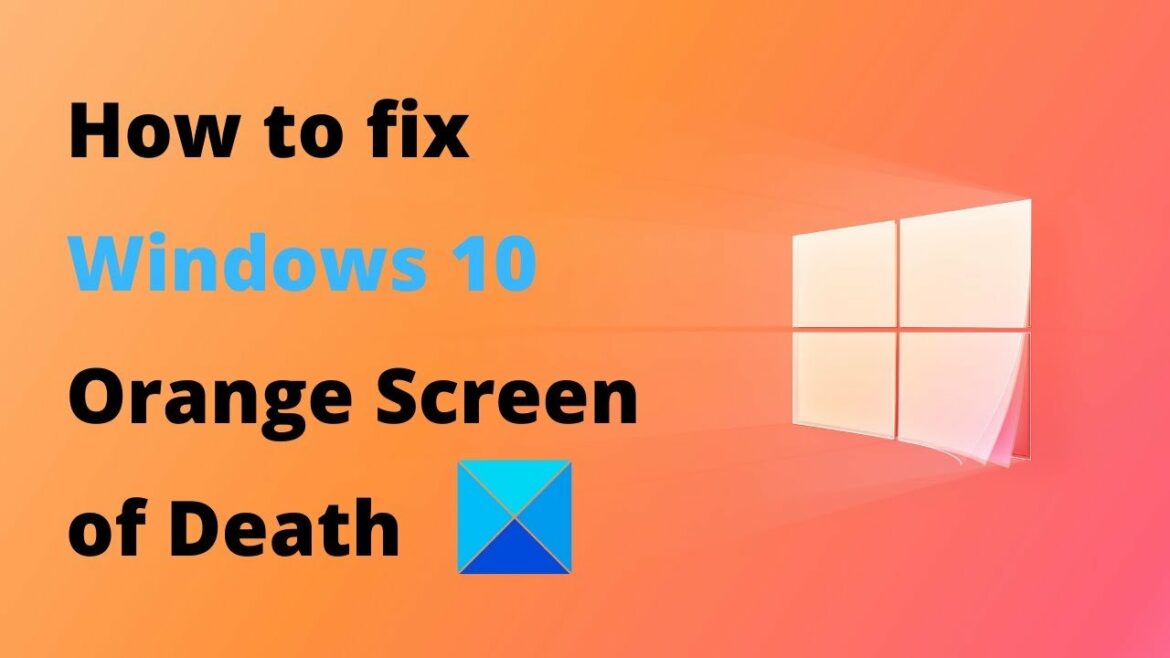Filter for the orange blank screen Almost everyone is aware of the orange screen of death switch error that occurs in the Orange Screen of Death Windows 10. This orange blank screen on YouTube, on the other hand, is a user-reported error.
Your PC will regularly restart after accumulating errors in this orange blank screen website issue, and you will be unable to access the Login panel as a result. You are not the only person in the world who is dealing with this problem.
The orange screen with white lines is a rare event that happens on Windows 10 when your computer stumbles upon an issue and shuts itself down in an effort to prevent data loss and corruption. It can be triggered by a hardware or software error, such as an incompatible driver or a malfunctioning RAM card.
Fixing the orange screen download is not that different from repairing a blue screen problem. Whatever the cause of the orange screen download might be, you can fix the issue without having to turn to outside help. And you don’t need special PC experience either, as long as you follow the instructions below.
What does this Orange Screen of Death Windows 10 mean?
The Orange Screen of Death Windows 7, or the Green Screen of Death, is an error that occurs whenever Windows 10 faces a functioning issue. In this error, the users get their PC screen turned orange. What is an orange screen of death with an error message over it? The least common is the Orange Screen of Death in Windows 7, in which the hardware plays a key role in raising the issue, or sometimes the faulty driver also becomes a part of it.
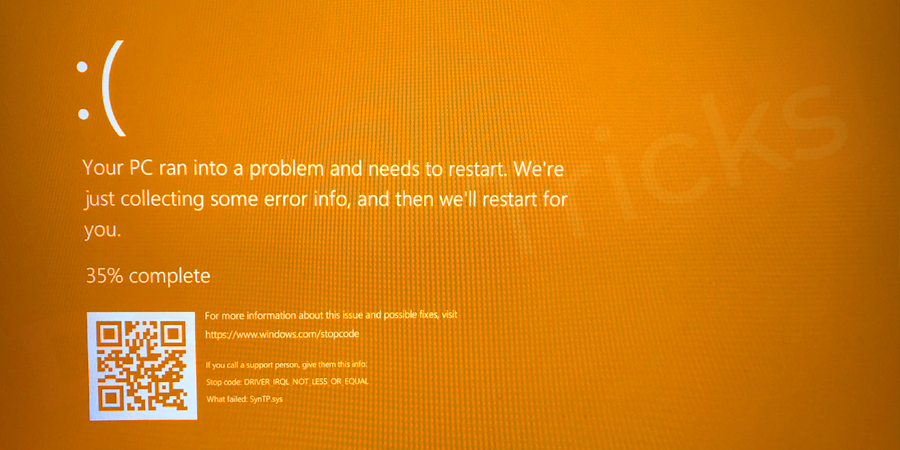
Why does this orange screen of death occur?
You can encounter an orange screen error on an iPhone anytime while watching YouTube, playing games, or waking the PC from sleep mode. However, some common reasons behind this error are listed as under:
- Overloaded GPU due to overclocked CPU.
- Ddkmd. sys, a component used in Duet Display, causes system crashes.
- a file called “softOSD.exe”.
- outdated or incompatible graphics cards.
- Faulty drivers
- Hardware Acceleration in Google Chrome.
- Multimedia devices connected to your computer
What Causes the Orange Screen of Death Windows 10?
The orange screen on the iPhone is a rare occurrence, and there aren’t many standardized solutions based upon the usual causes of the problem. However, there are some triggers that can be blamed for the problem and we have decided to list them out below:
- Faulty drivers – Faulty driver files can cause this problem, and they are to blame for the majority of OSOD occurrences. The usual culprits are the graphics drivers and network adapter drivers. Make sure you update them to the latest version.
- Hardware acceleration in Chrome: This is a rare cause, but some users reported that the only way they managed to resolve the problem was by disabling hardware acceleration in Google Chrome. The problem occurred when streaming Netflix or something similar.
- The antivirus installed – The antivirus you have installed on your computer may be interfering with your system files and causing this problem, so we recommend you choose a better alternative.
- Multimedia devices connected to your computer: Multiple multimedia devices such as TVs or other screens to broadcast to can trigger this problem and we recommend you remove them in Devices and Printers.
Fixes For The Orange Screen Of Death In Windows 10
Here are 3 fixes that have helped other users resolve the Orange blank screen of death issue.
Fix 1: Enter Safe Mode with Networking
Fix 1 is a step that allows you to log into Windows if you cannot boot into Windows normally.
- Make sure your computer is off.
- Press the power button to turn on your PC. Then when Windows displays a login screen (i.e. Windows has fully booted), long-press the power button to turn it off.

- Repeat 1) and 2) until the screen says Preparing Automatic Repair.
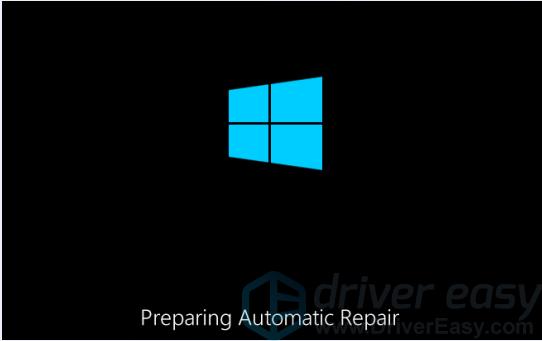
- Wait for Windows to finish diagnosing your PC, and click Advanced options.
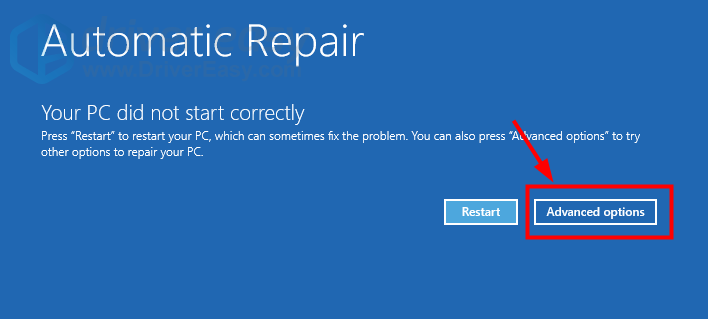
- Click Troubleshoot.
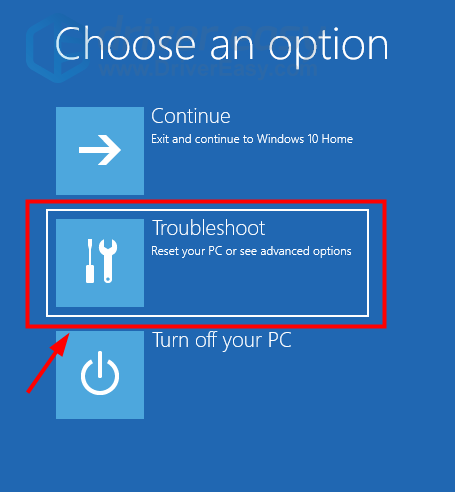
- Click Advanced options.
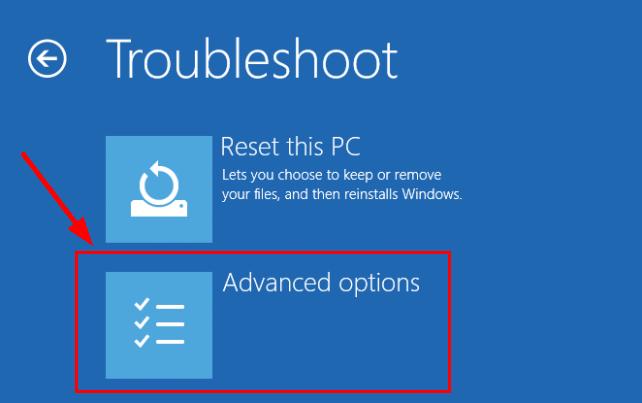
- Click Startup Settings.
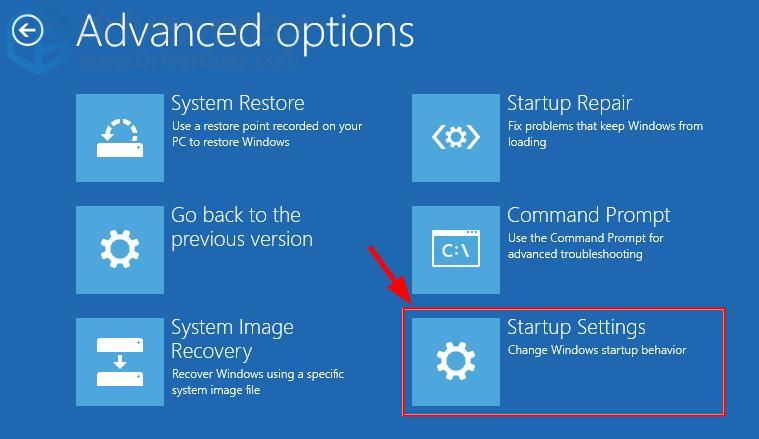
- Click Restart.
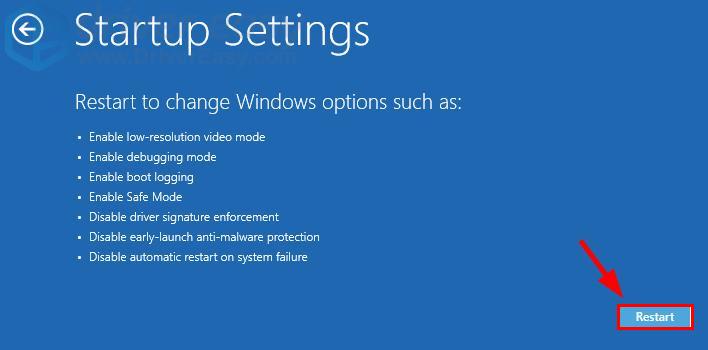
- On your keyboard, press 5 to enable Safe Mode with Networking.
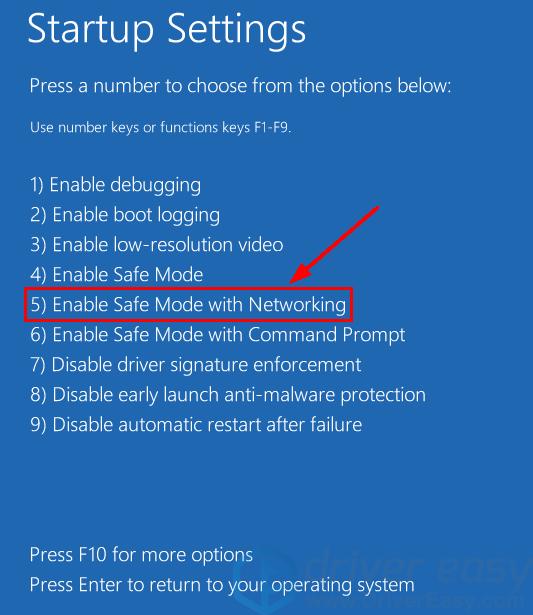
Fix number two is to update your graphics driver.
This problem may occur if you are using the What is orange screen white lines wrong graphics driver or it’s out of date. So you should update your graphics driver to see if it fixes your problem. If you don’t have the time, patience, or skills to update the driver manually, you can do it automatically with Driver Easy.
Driver Easy will automatically recognize your system and find the correct drivers for it. You don’t need to know exactly what system your computer is running, you don’t need to be troubled by the wrong driver you would be downloading, and you don’t need to worry about making a mistake when installing. Driver Easy handles it all.
You can update your drivers automatically with either the free or the pro version of Driver Easy. But with the Pro version, it takes just 2 steps (and you get full support and a 30-day money-back guarantee):
1) Get and install Driver Easy.
2) Run Driver Easy and click the “Scan Now” button. Driver Easy will then scan your computer and detect any problem drivers.
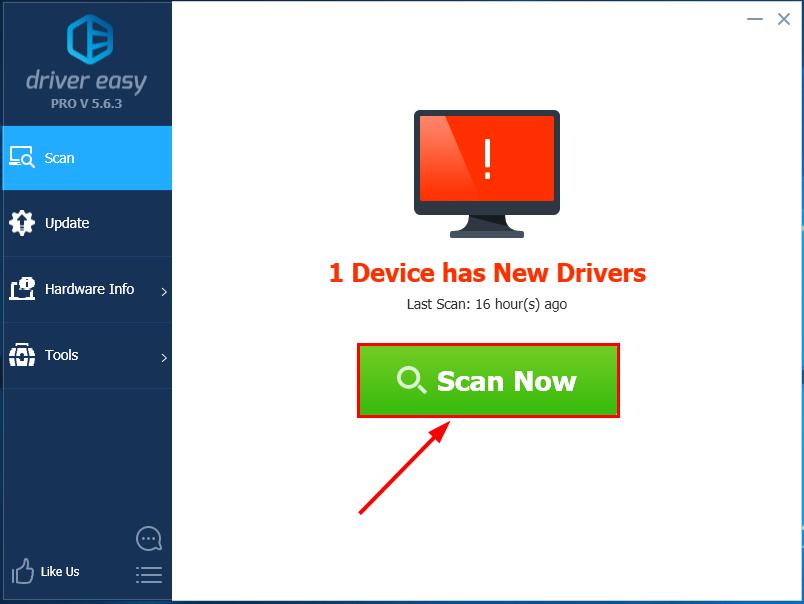
3) Click Update All to automatically download and install the correct version of ALL the drivers that are missing or out of date on your system (this requires the Pro version – you’ll be prompted to upgrade when you click Update All).
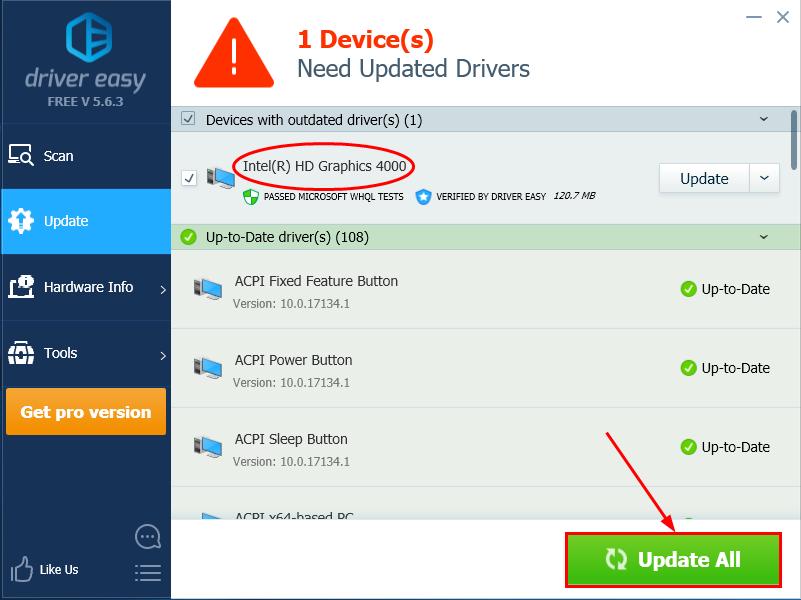
4) Click Update All to automatically download and install the correct version of ALL the drivers that are missing or out of date on your system (this requires the Pro version – you’ll be prompted to upgrade when you click Update All).

4) Restart your computer to apply the changes.
5) Verify that the orange screen download issue has been resolved. If yes, then congrats! If the issue remains, please move on to Fix 3, below.
Solution 3: Remove the soft old software from your computer.
SoftOSD.exe is also known to be a culprit for your orange screen on Windows 7 problem, as reported by many users. So if you happen to have it on your computer, you might have to remove it.
Here is how to do it:
- On your keyboard, press the Windows logo key and type features. Then click on Apps & features.
Conclusion
the Orange Screen of Death is a pretty rare system crash issue that turns your display orange and shows white text on top of it. Sometimes it’s accompanied by a stop code and it’s usually triggered by software or hardware issues involving the graphics device.
To fix it, you can try to reboot your computer, unplug new peripheral devices, disable your overclocking software, reset BIOS configuration to default, update BIOS, as well as uninstall Duet Display, and softOSD.

